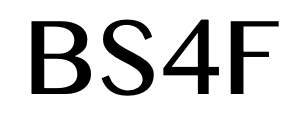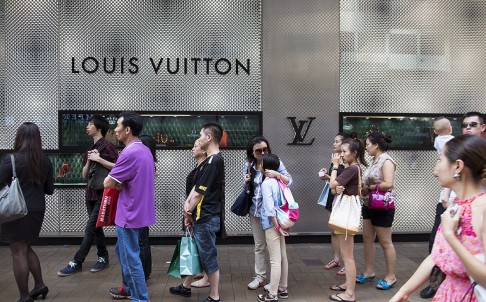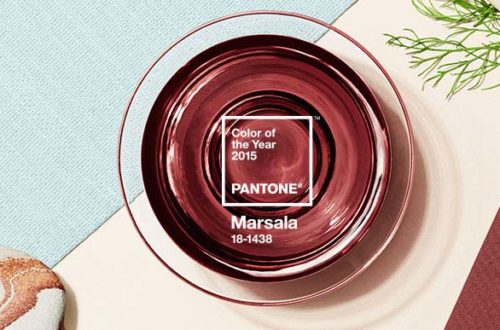
The luxury industry has continually experienced growth in the last 5 years, and has rightfully gained its nickname as the “recession-proof” industry with the major consumers located in America, Europe and Asia. The largest one, Asia, accounts for 40% of global luxury sales in 2015. Recently, however, the luxury market has been put to the test.
In the last few years, China has played an increasing role in the growth of the luxury market. Chinese natives are now players in international tourism, and this has given a huge boost to luxury brands worldwide, especially in Paris, Milan and New York. Every name brand has since opened stores in China, and Chinese sales account for 20% of global luxury sales.

In today’s market environment, it is no surprise that the luxury market is facing troubles.
Purchasing counterfeit goods has never been easier with websites like Alibaba, making fake products available online, tourism had a short-term stunt after the disastrous attacks in Paris, which is the main city for international luxury customers, and the Chinese economy has slowed down, leading to a decrease in demand from the Chinese market.

Chinese President Xi Jinping, who launched his anti-graft campaign in 2012, also recently disclosed that more than $6 Billion have been seized from illegally obtained goods and money from government officials. As a large part of the country’s wealth is held within the government, this only worsens the worries of Chinese luxury demand as they’ve already had a negative luxury growth year (-1%) in 2014.
Through the increase in international tourism, there has been a shift of the Chinese hub for luxury, Hong Kong, which was a popular domestic tourist destination, to European cities. A luxury goods analyst at Citigroup reports “Chinese people’s natural inclination for travel, rising purchasing power and greater ability to travel individually and further out internationally are likely to continue to encourage them to discover other parts of Asia as well as Europe.”

Market predictions, however, are optimistic for the remainder of the year with company revenues expected to increase following the disappointing earnings report of the last quarter. The luxury industry might not be as stable as some thought, but given current market volatility, the luxury market has and will continue to show resilience compared to many other industries.
by Benjamin Kattan





